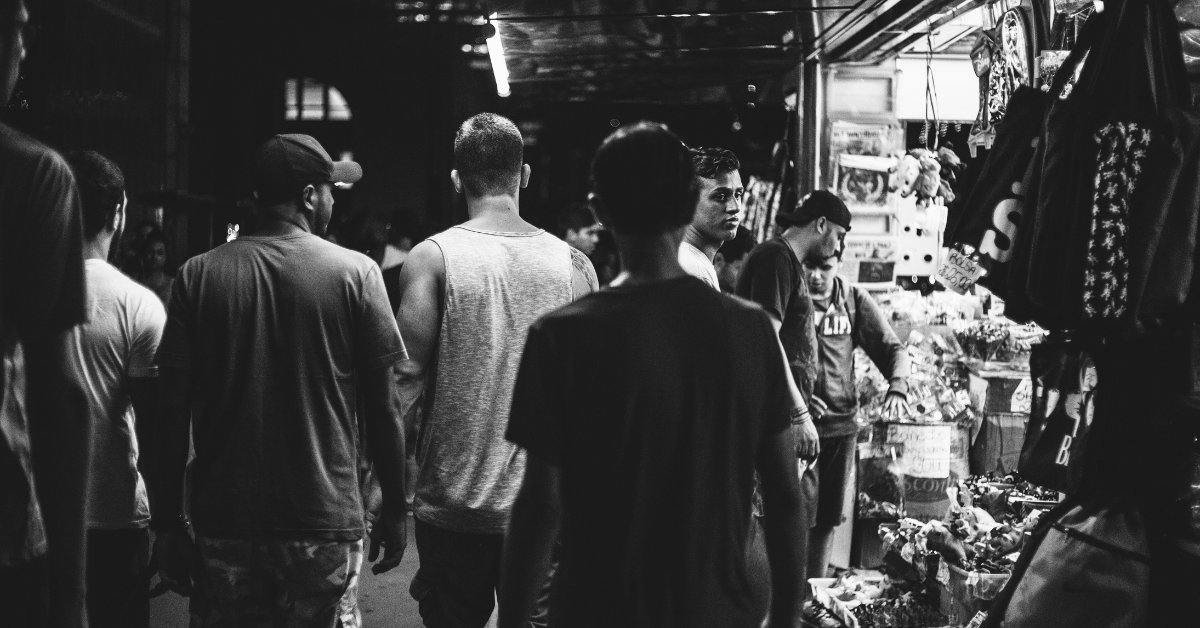Bauk literally means “plus” in the Khmer language. It is the name commonly given to gang rape in Cambodia.
A 2013 study conducted by “Partners for Prevention” shows that across the 5 different Asian countries studied, Cambodia has one of the highest rates of gang rape in the region; it is, in fact, double the rate of gang rape in India. Almost 1 in 10 men report committing rape on a non-partner, and 5% of them admit to committing gang rape. The main motivation stated by men for perpetrating “bauk” was sexual entitlement: the sense that they had a right to sex, regardless of consent.
Half of the men that admit to committing rape stated that they were teenagers the first time they did it. This highlights the urgent need to work with young boys in order to tackle such violence.
Also Read
But this issue is very rarely addressed in Cambodia. The political response to this phenomenon has been weak, as there is no law defining “bauk”.
The typical way “bauk” occurs is when a group of young men lure a girl into a guesthouse where their friends are waiting to rape her. The girl is not aware that several men will be waiting for her. When men can’t find girls, they put their money together to hire sex workers. Several reports of this practice state that this is a “bonding experience” for young men, who can even experience peer pressure if they do not want to participate. It is a way to appear tough in front of their friends.
Many sex workers report that they have often been gang raped by groups of young men. It is now one of the many dangers they face. The violence of these situations drives them to fear for their lives, as they are often beaten. Furthermore, if victims want to report the crime, the process is very hard, which is why they often choose to stay quiet rather than go through the ordeal of a court process. For sex workers, it is nearly impossible to report such a crime. Prostitution being illegal in Cambodia makes reporting rape very difficult. In addition to this, the widespread corruption of police officers makes things even harder, and reports of police officers committing rape themselves are not uncommon.
Bauk trend impact on Cambodia
One of the most worrying aspects of this practice is the lack of awareness that this is, in fact, rape. Most men don’t consider it a crime, especially if it’s committed by a sex worker.
In a survey conducted by the NGO Gender and Development, it was reported that 13,4% of girls and 13,7% of men did not consider “bauk” to be rape. For some, the violent history of Cambodia, specifically during the Khmer Rouge, has contributed to giving men license to be more violent.
It appears that perpetrators do not experience much guilt and are not afraid of judicial consequences. Indeed, the rampant corruption at all stages of the process allows them to avoid prosecution.
After the police crackdown on Phnom Penh’s brothels, the capital’s sex trade was driven underground, putting sex workers even more at risk than before. They are now more isolated than ever and have no one to turn to in case they are victims of rape.
One of the challenges linked to tackling such issues is to shift the perception of this problem to males. In most cases, parents are afraid that their daughters might be victims, but only rarely are they afraid that their sons may be perpetrators. Educating young men should be the priority in addressing these issues.
It is important to note that even if gang rape is one of the most horrific crimes against women, rape is far more frequent in a marriage or a partnership: 21% of Cambodian men admit to having committed it.













